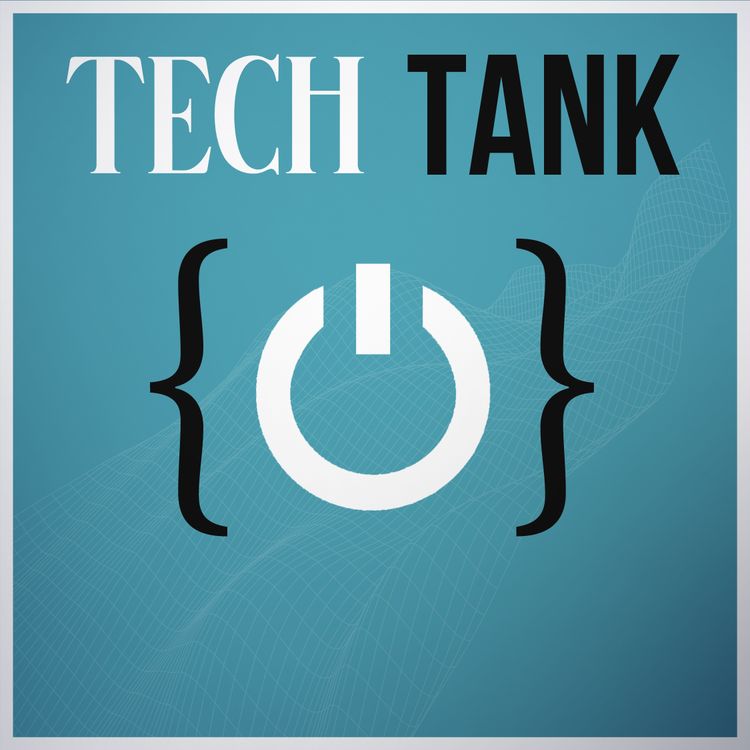Share

TechTank
Should Trump Ban TikTok and WeChat?
On June 20th, President Donald Trump showed up in Tulsa, Oklahoma for his first campaign rally after a three-month hiatus. Before the rally, the Trump campaign bragged about the million tickets that had been pre-requested. But when the rally started only 6200 people showed up at the arena, and the President addressed a sea of empty chairs. Politically active young people used TikTok to encourage others to reserve tickets but not show up, thereby forcing Trump to play to an empty room.
Soon thereafter, President Trump released an Executive Order banning Chinese applications TikTok and WeChat in the United States and ordering TikTok’s sale to an American company. He argued the companies could release personal data to the Chinese government and therefore represented a national security threat. TikTok now is in talks with Oracle for the sale of its American operations.
In this episode, we address the broader issues represented by these presidential actions and whether they signal a trend toward a fractured internet divided by national boundaries and security fears. If the President makes good on his order to ban these applications or force TikTok to be sold to a US firm, will the concept of an open, borderless internet vanish? These are the crucial questions that will shape the future of the internet and U.S. tech policy.
More episodes
View all episodes

34. Why water is important for data centers
25:19||Season 5, Ep. 34Data centers are crucial for AI, but with thousands of file servers, they also require large amounts of energy and water. As more facilities are built, it’s important to understand this usage and how it might affect surrounding communities. In this episode, co-host Darrell West is joined by Joseph Kane to discuss how data centers use water and the policy questions surrounding these resources.
33. 'Navigating Technology and National Security’ with author Justin Sherman
40:22||Season 5, Ep. 33Many of today’s conversations about AI and emerging technologies are increasingly driven by questions about national security. These conversations are the latest in a longstanding debate over how the government uses a complex set of regulatory tools to protect critical technologies. In this episode, co-host Nicol Turner Lee is joined by Justin Sherman to discuss these patterns and his new book, “Navigating Technology and National Security.”
32. 'Wired Wisdom': A conversation with author Eszter Hargittai on older populations
37:16||Season 5, Ep. 32As the internet emerged, so did stereotypes about older people's use of it. Yet research has countered some of these common beliefs and led to greater understanding of these generations' online activity. In this episode, Nicol Turner Lee speaks with Eszter Hargittai, the co-author of "Wired Wisdom: How to Age Better Online," about these findings and more.
31. The Age of Extraction: A discussion on Tim Wu's new book
36:46||Season 5, Ep. 31Marketplaces look different in the digital age and are controlled by a few large companies with immense economic and cultural power. Co-host Nicol Turner Lee is joined by legal scholar and tech expert, Tim Wu, to discuss his new book, “The Age of Extraction” and the future of these platforms.
30. Why data centers are important for AI
38:42||Season 5, Ep. 30AI is the transformative technology of our time, yet undergirding the growing use of AI is the need for state-of-the-art data centers that host the file servers and networking equipment that store, process, and analyze information. In this episode, Nicol Turner Lee and Darrell West discuss what data centers are, their number and distribution, barriers to development, and ways to overcome those challenges.
29. On European digital sovereignty and platform regulation with Marietje Schaake
32:36||Season 5, Ep. 29Europe created regulatory frameworks, including the Digital Markets Act and the Digital Services Act, in attempt to reassert control, but these laws have recently faced backlash from the Trump administration. In this episode of the TechTank podcast, Courtney Radsch speaks with Marietje Schaake about these challenges and the digital sovereignty debate.
28. Will AI democratize financial services?
34:49||Season 5, Ep. 28Financial services have long relied on artificial intelligence (AI) and machine learning for a range of duties, from administrative tasks to decision-making, but these uses can have major implications for consumers subject to the technology’s decisions. In this episode, Nicol Turner Lee speaks with Aaron Klein about these consequences and the importance of oversight in deploying these technologies.
27. FCC Commissioner Anna Gomez talks about the future of the communications landscape
40:47||Season 5, Ep. 27The media and communications landscapes are in flux as the administration’s Federal Communications Commission (FCC) continues to implement its priorities, including around free speech and access to public media. In this episode, co-host Nicol Turner Lee speaks with FCC Commissioner Anna Gomez about these developments and the future of the agency.
26. How the NFL is using technology to improve performance
22:02||Season 5, Ep. 26Digital technologies and data analytics are increasingly being used to help athletes and coaches better monitor their performance and find areas for improvement. In this episode, Darrell West is joined by NFL player Kelvin Beachum and professor Arthur Daemmrich about how these developments could transform sports and the experience of fans.